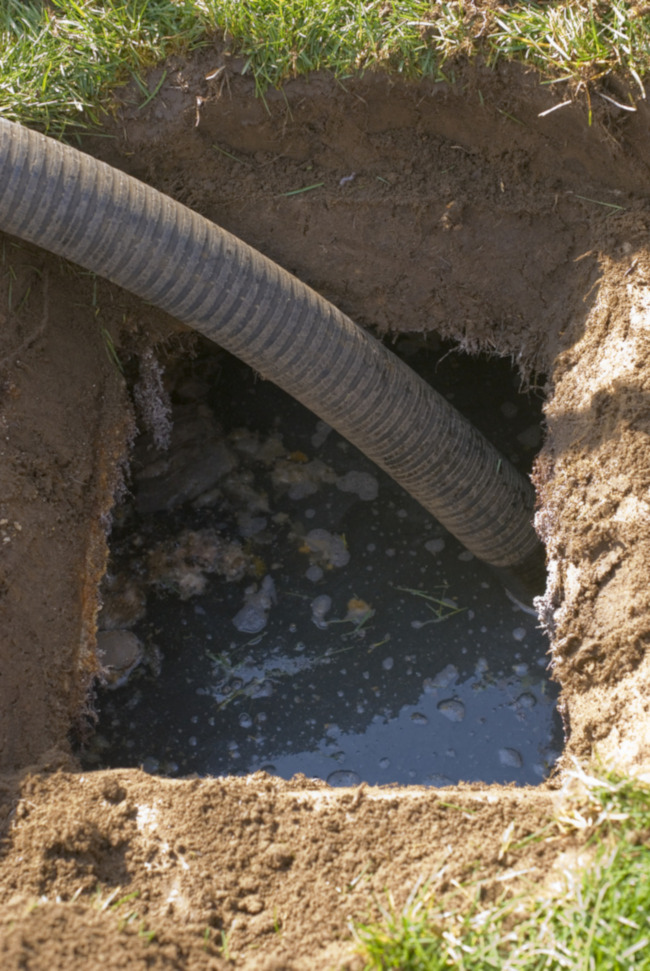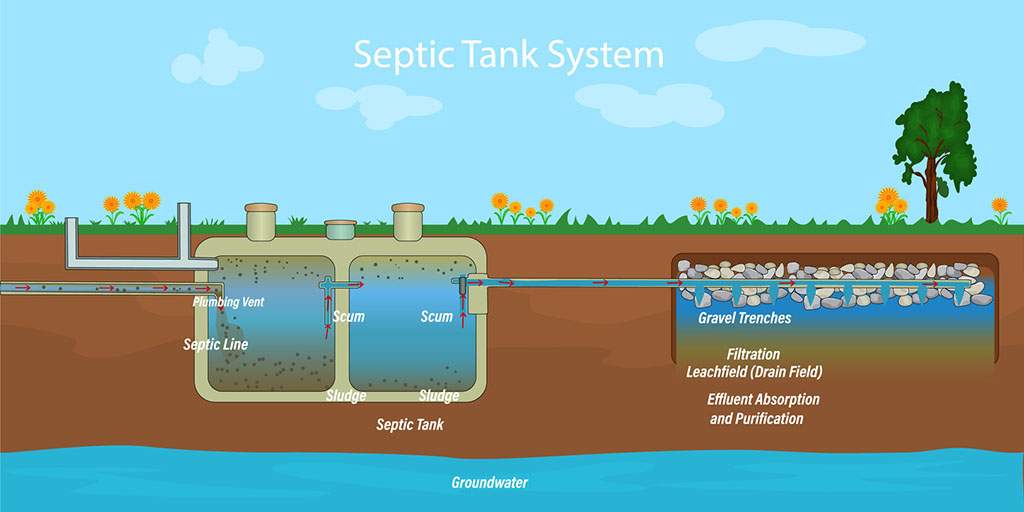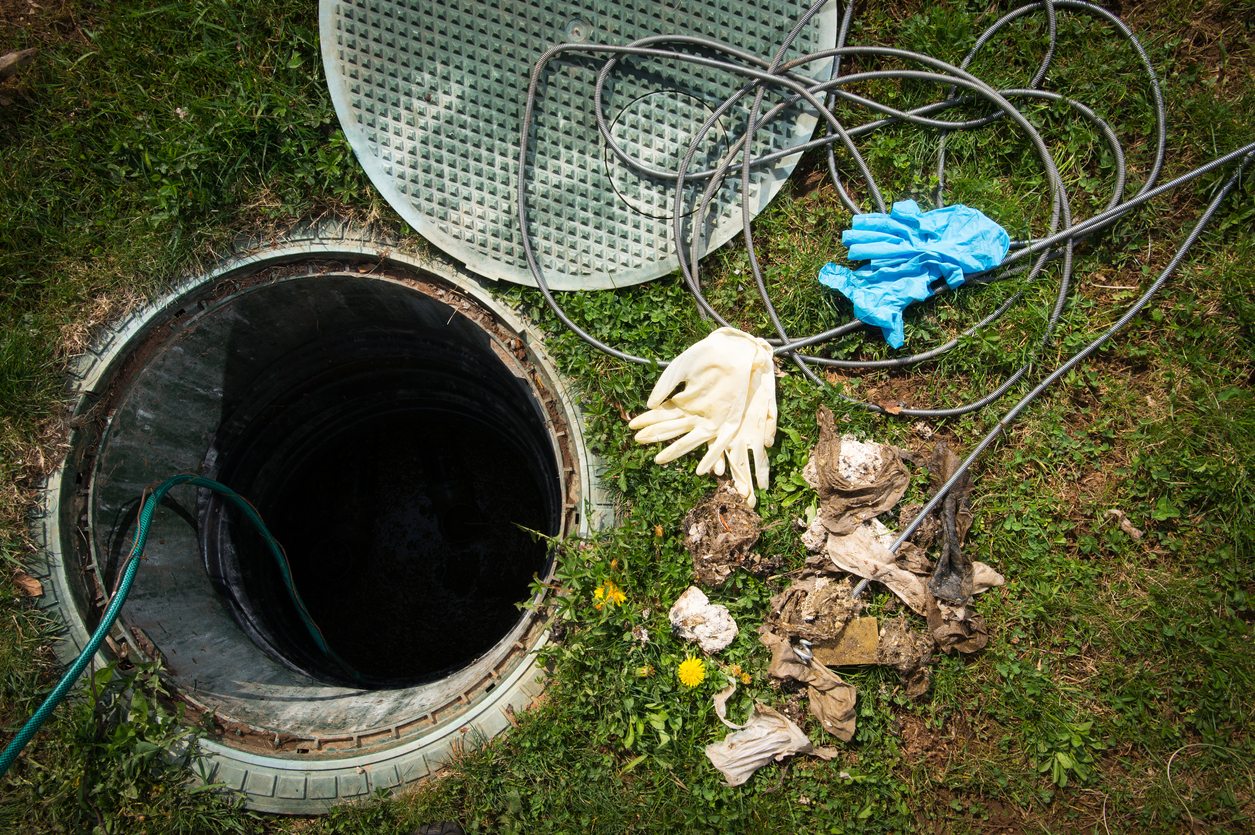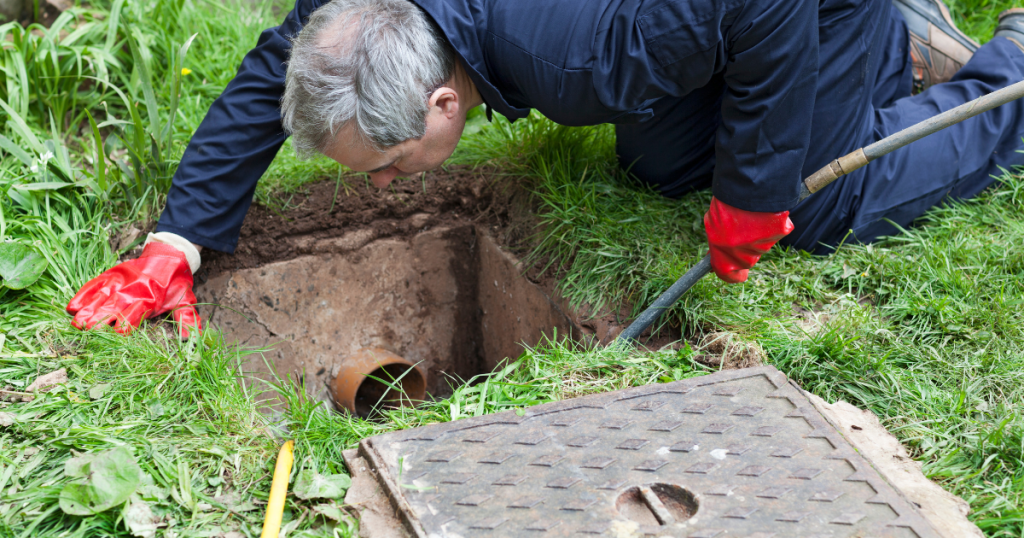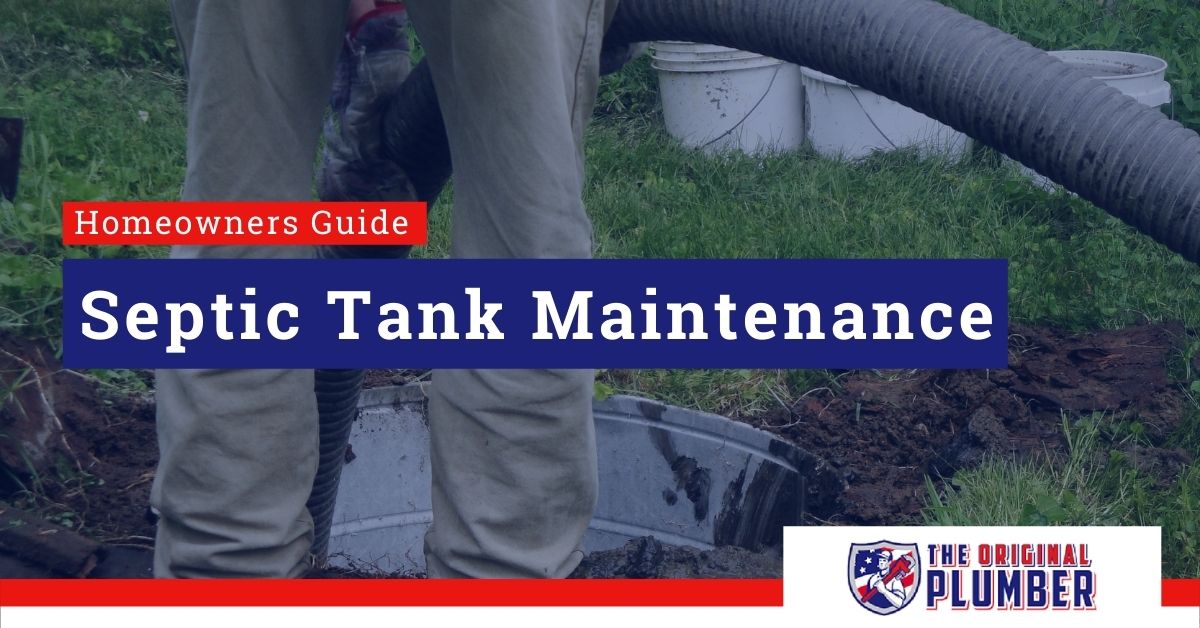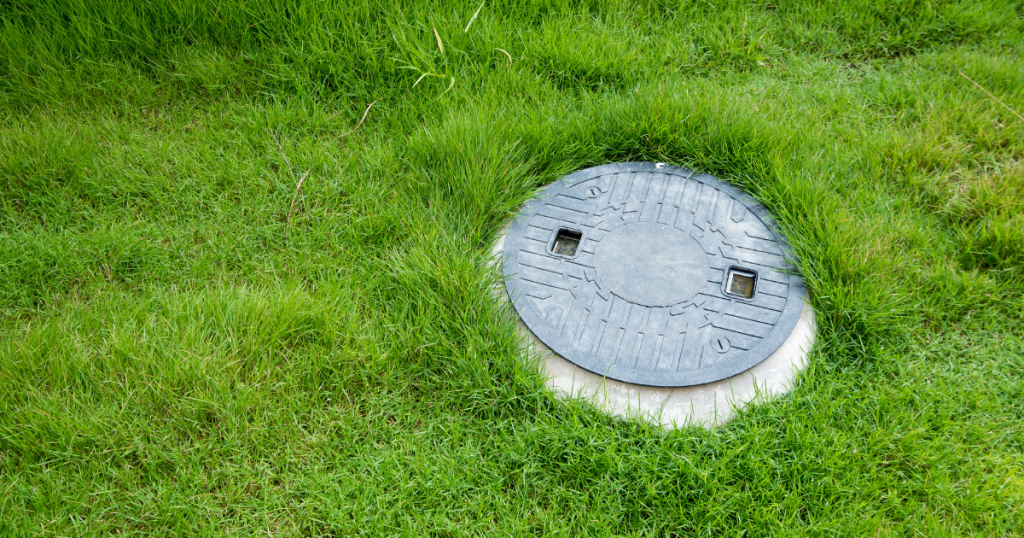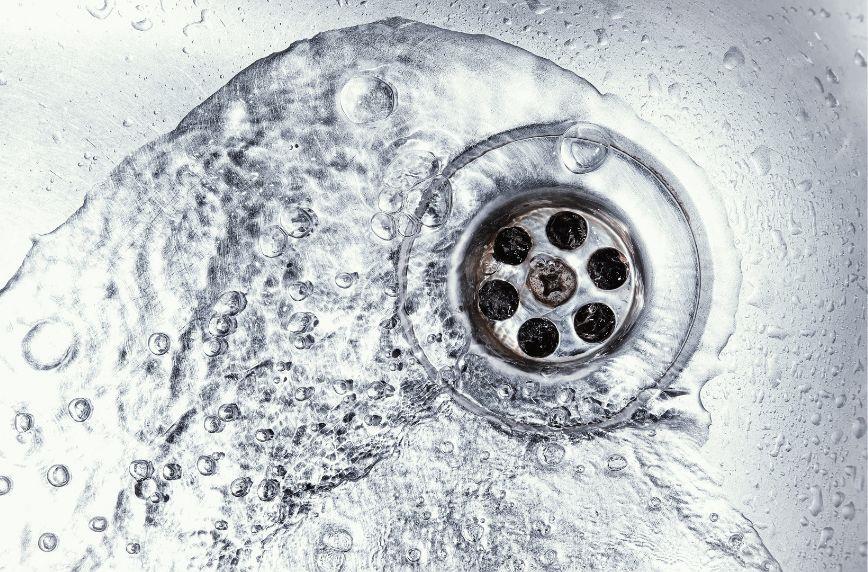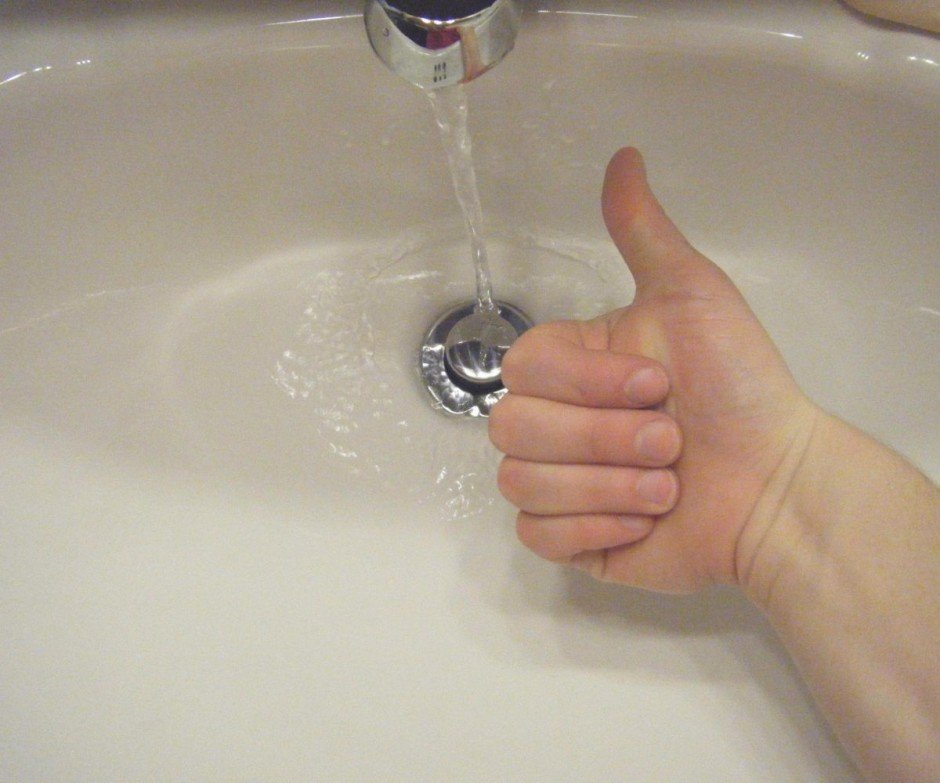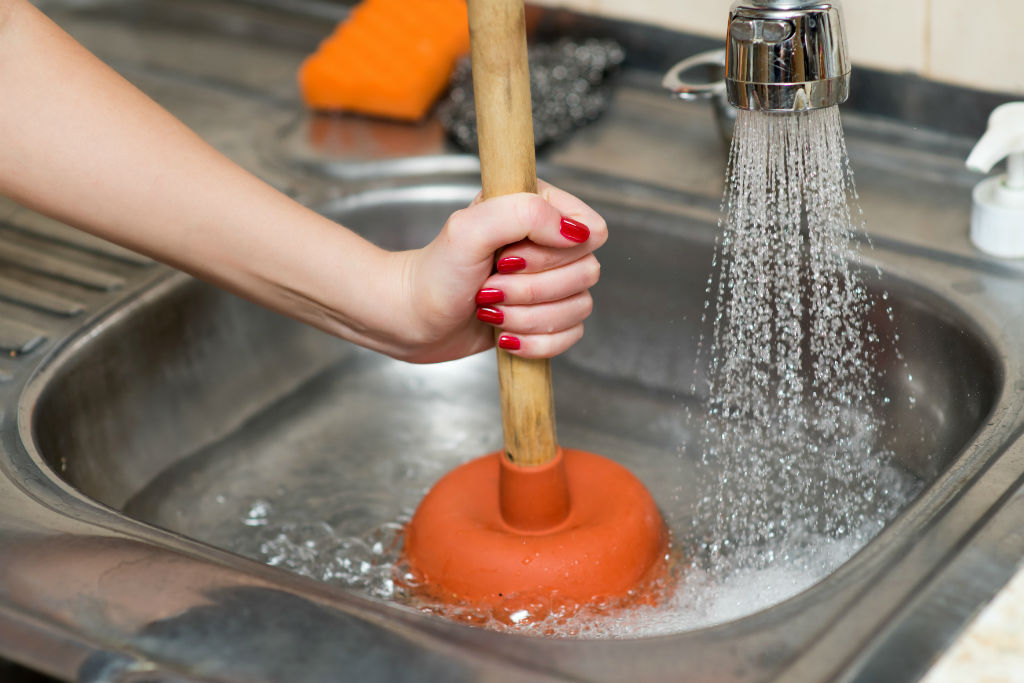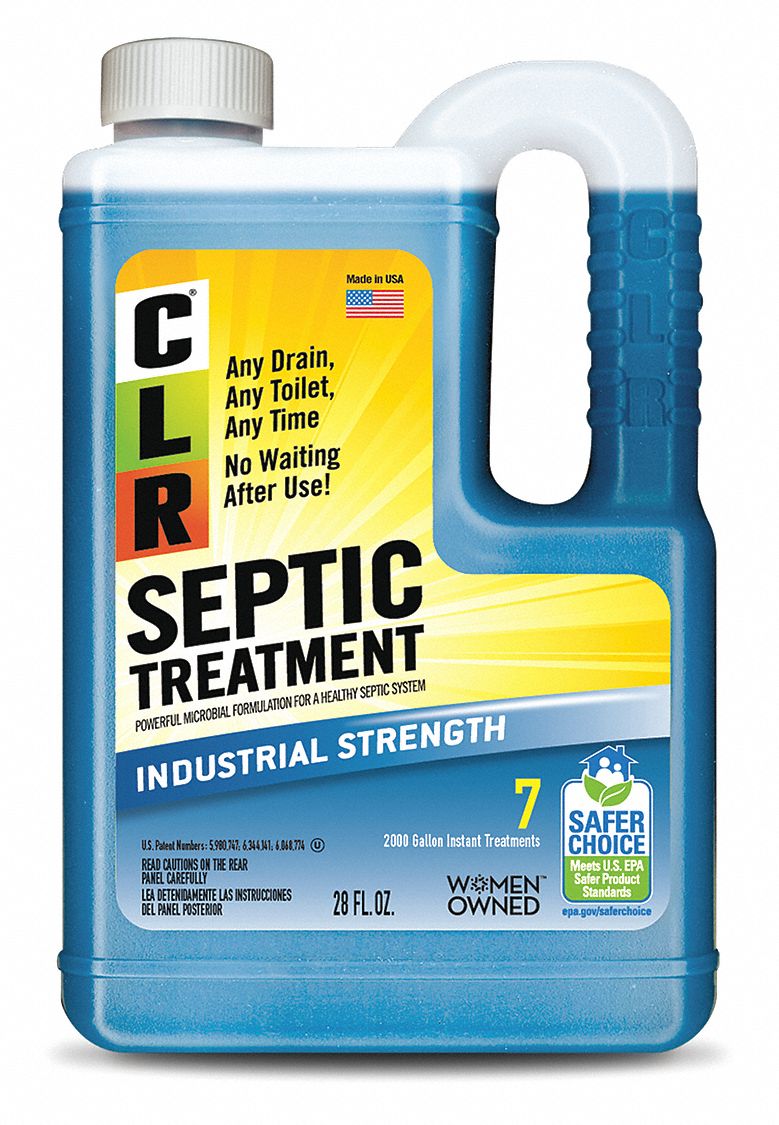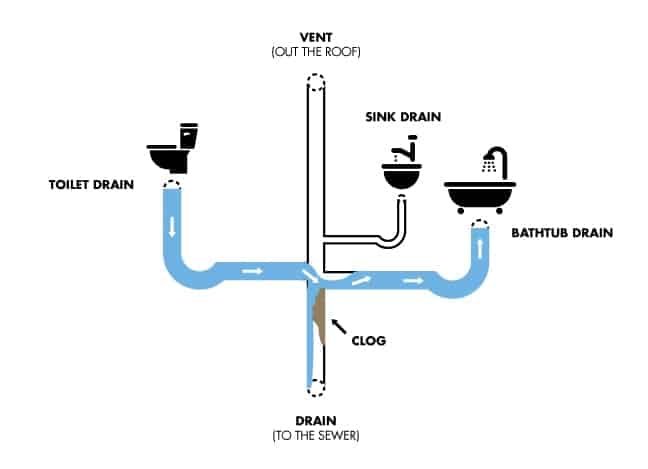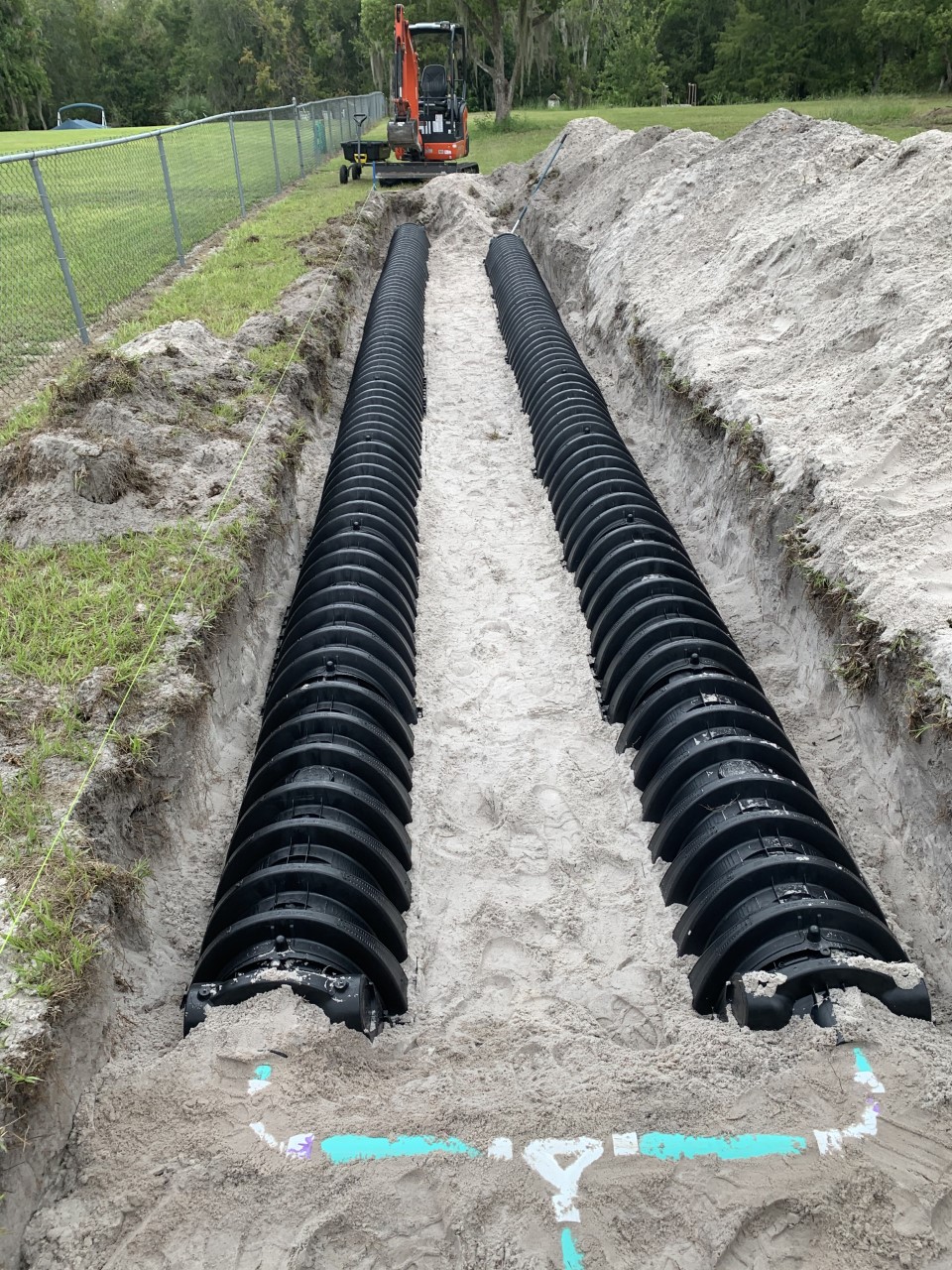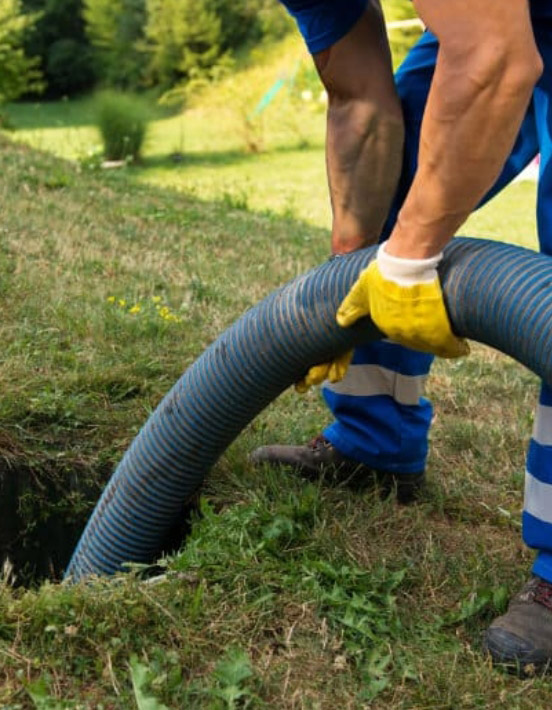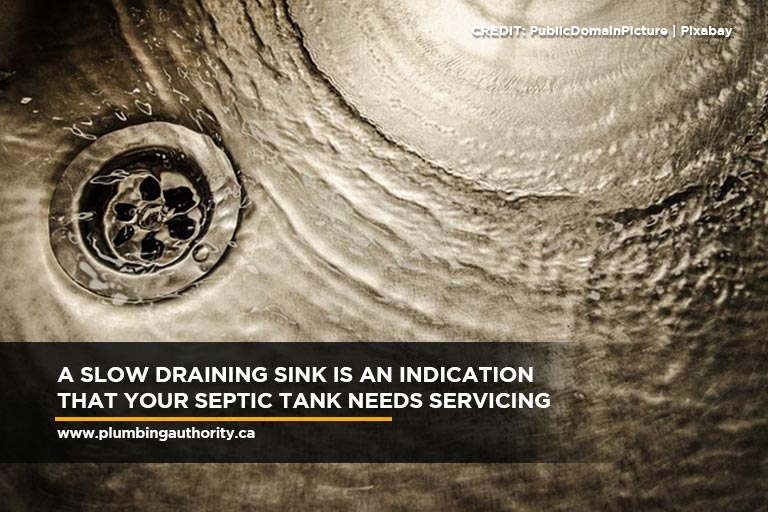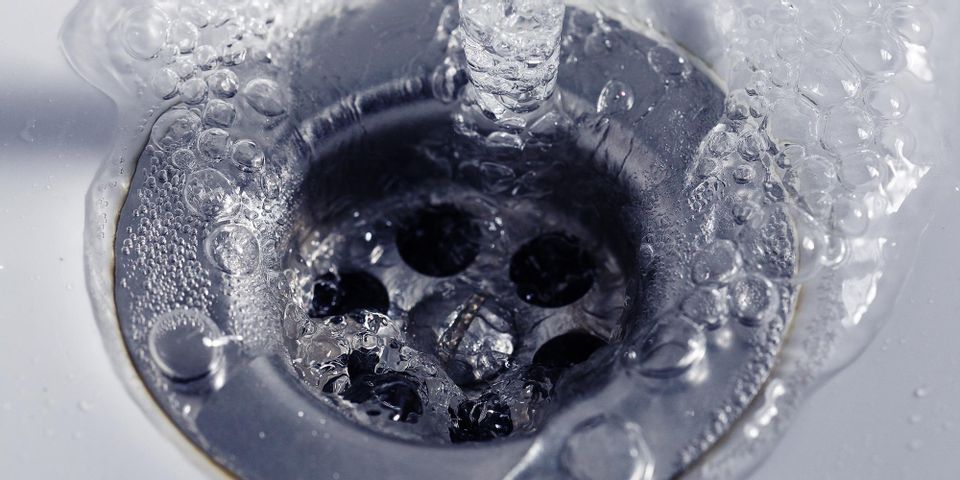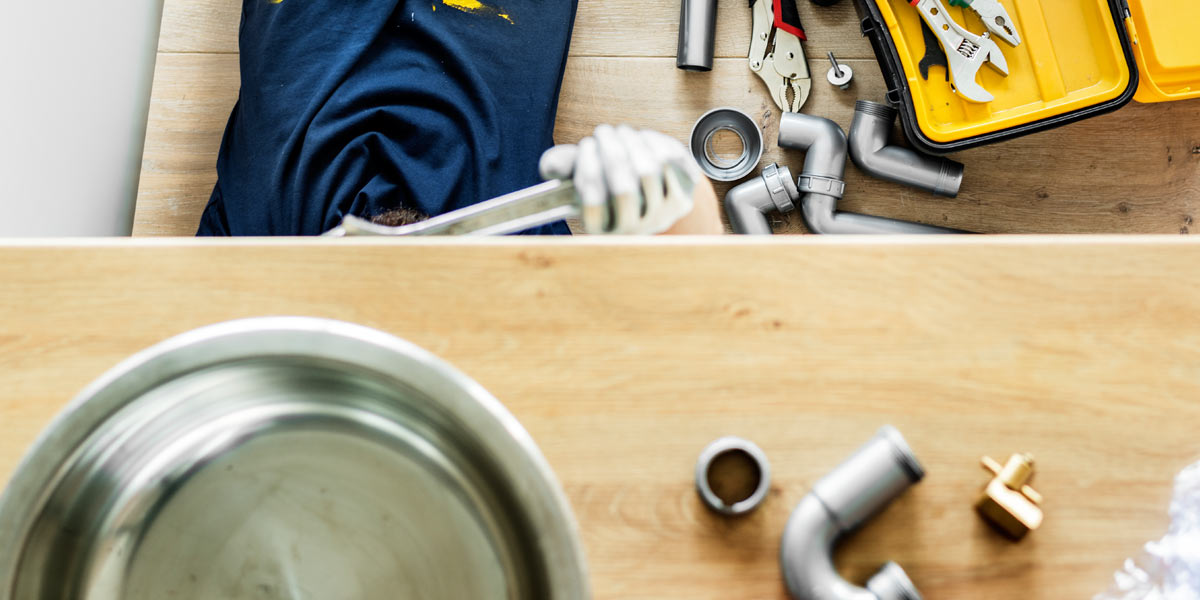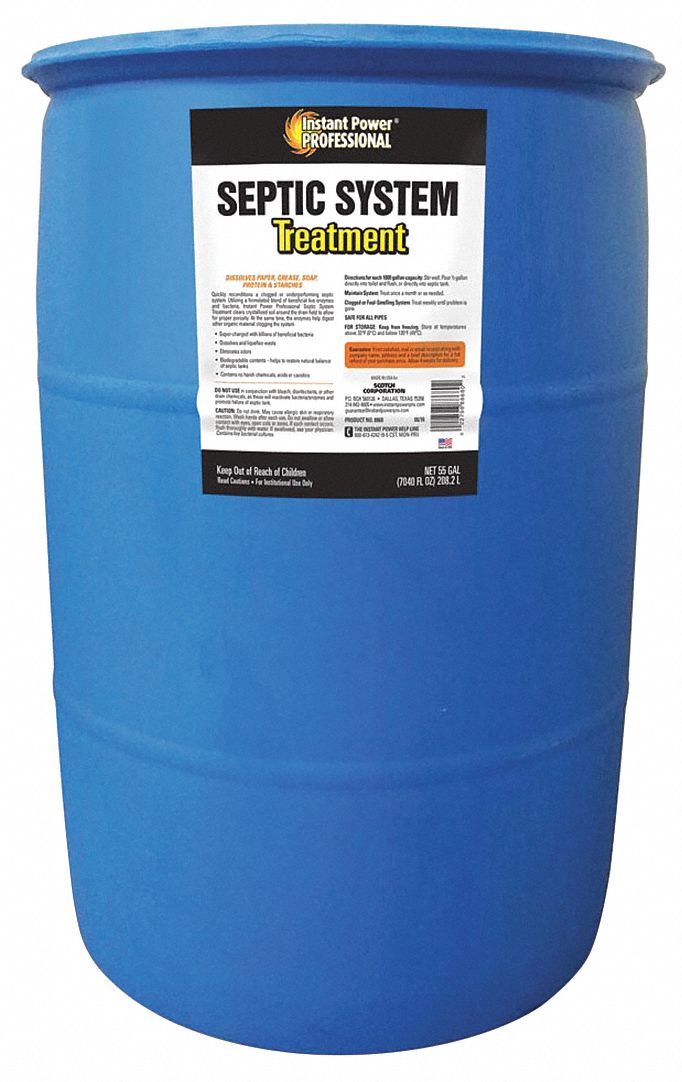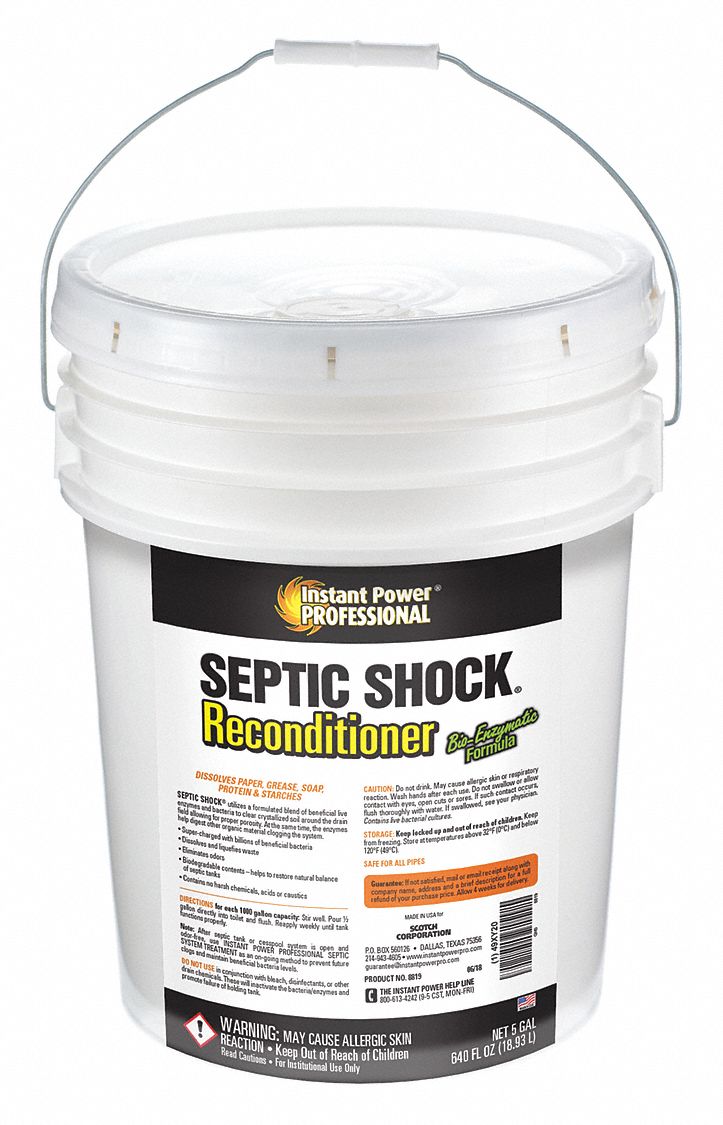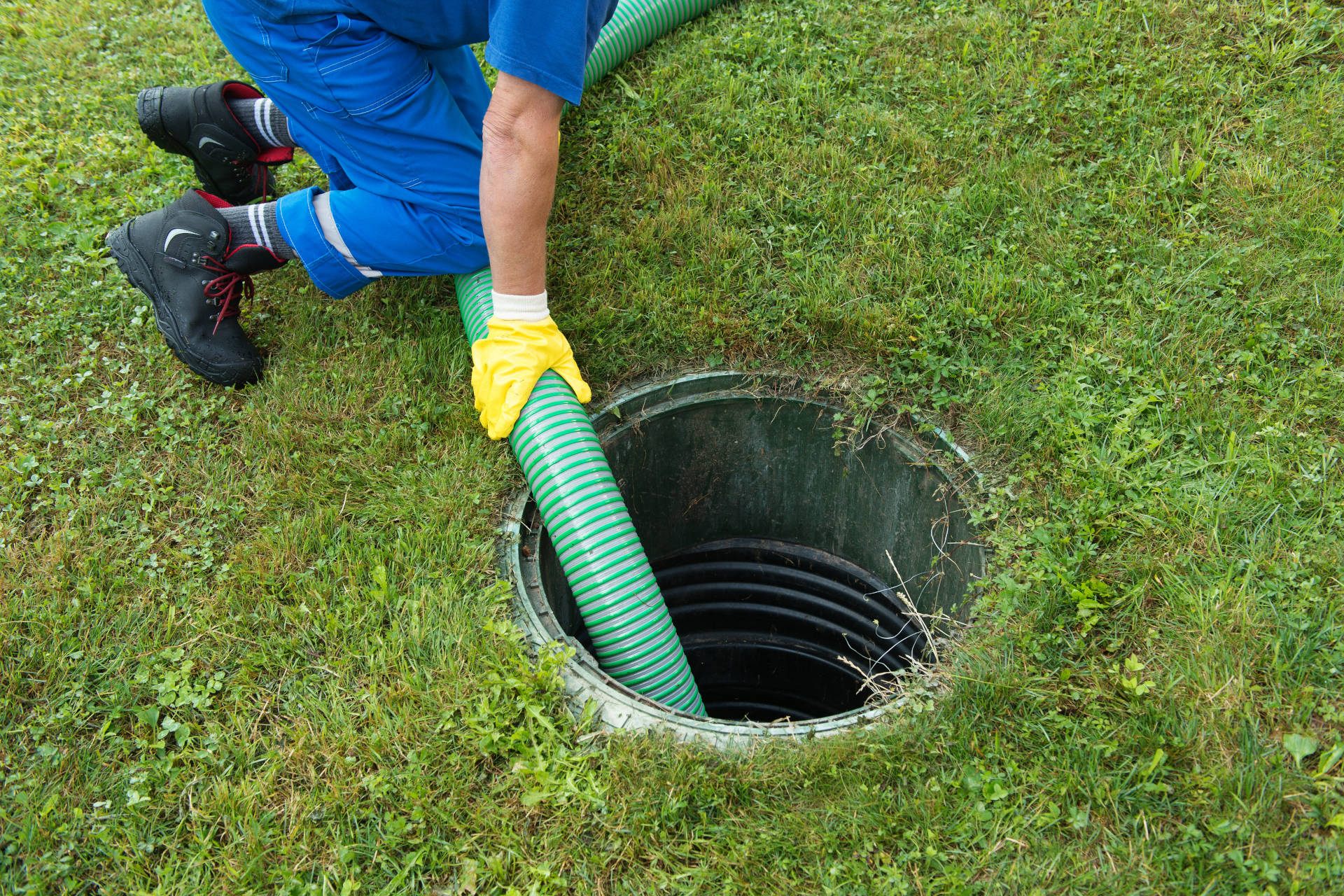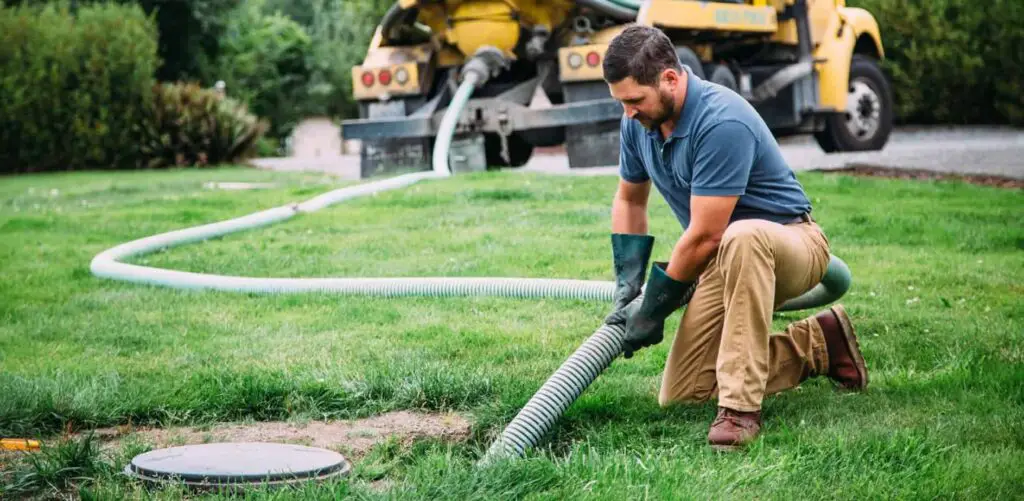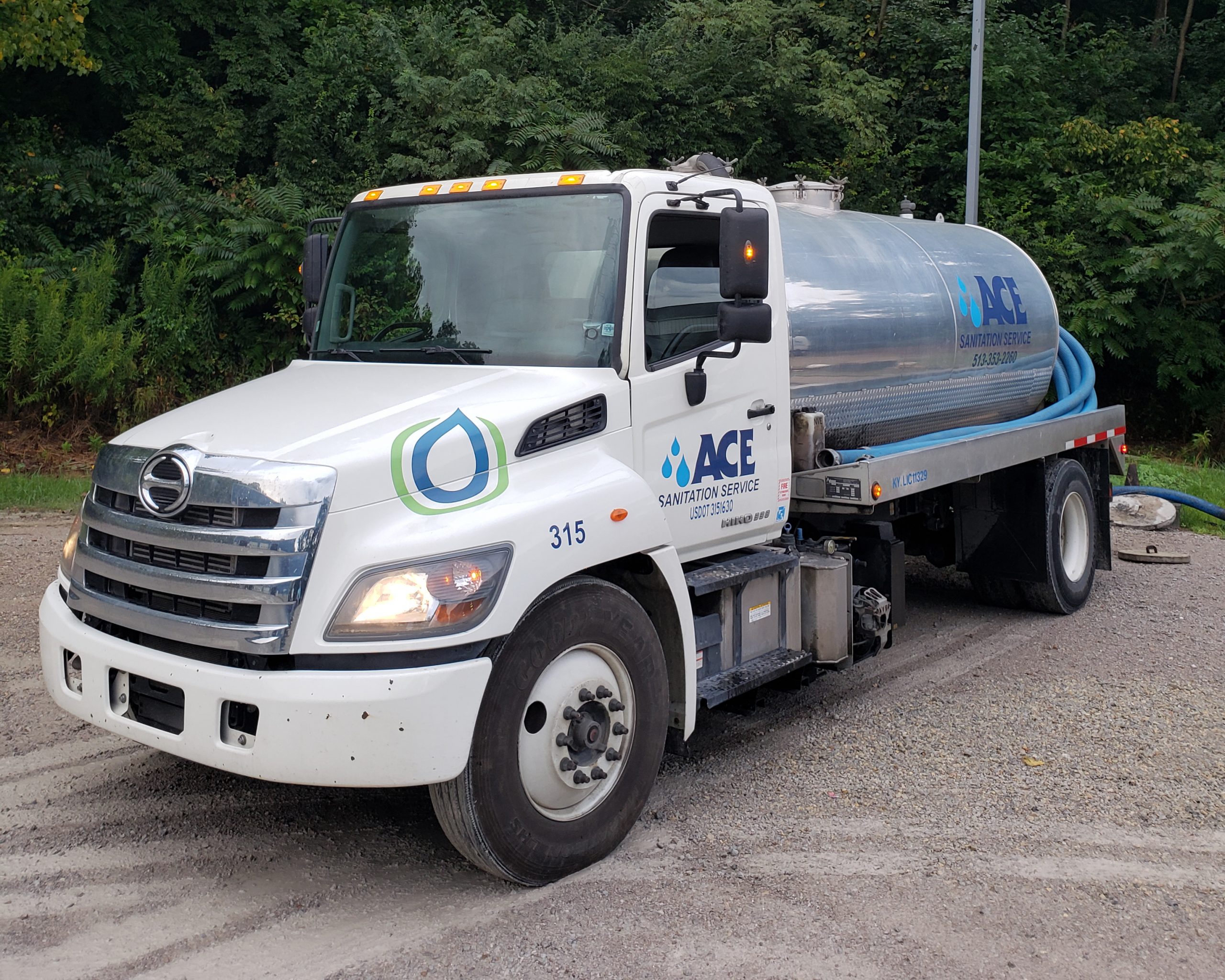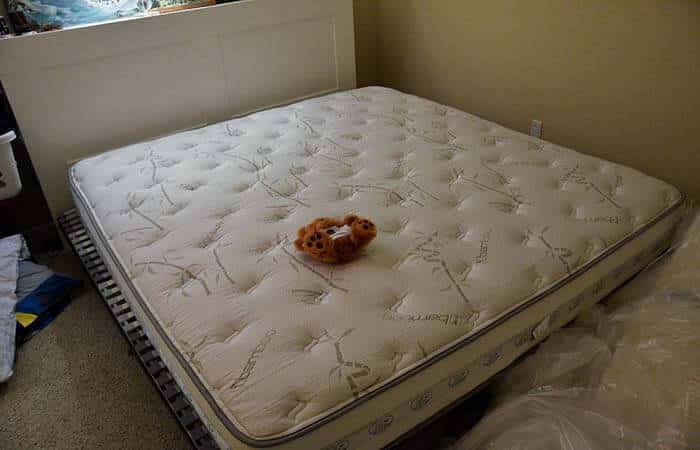How to Unclog a Kitchen Sink Drain
Dealing with a clogged kitchen sink drain is a common problem that many homeowners face. Not only can it be frustrating, but it can also lead to a slow draining sink and even more serious issues like a backed-up septic tank. But don't worry, unclogging a kitchen sink drain doesn't have to be a difficult task. With a few simple steps, you can get your sink draining like new again.
If you have a septic tank, it's important to choose the right method for unclogging your kitchen sink drain. Using harsh chemicals can harm your septic system, so it's best to stick to more natural solutions. Here are a few methods you can try:
How to Fix a Slow Draining Kitchen Sink
A slow draining kitchen sink can be a major inconvenience, especially when you're trying to wash dishes or cook. This is often caused by a buildup of food debris, grease, and other materials in your drain. The good news is, fixing a slow draining kitchen sink is usually a simple task that can be done with items you probably already have at home.
One effective method is to pour a mixture of hot water and vinegar down the drain. The hot water helps to break down grease and food particles while the vinegar acts as a natural deodorizer. You can also use a plunger to help dislodge any stubborn clogs.
Septic Tank Maintenance Tips for Kitchen Sinks
Proper maintenance of your septic tank is crucial to avoid issues with your kitchen sink drain. Here are a few tips to keep in mind:
Common Causes of Slow Draining Kitchen Sinks
Understanding the main causes of slow draining kitchen sinks can help you prevent these issues in the future. Some common causes include:
How to Clear a Clogged Kitchen Sink Drain
If your kitchen sink is completely clogged, you'll need to take more aggressive measures to clear the obstruction. Here are a few methods you can try:
Septic Tank Safe Drain Cleaners for Slow Draining Sinks
When it comes to using drain cleaners for a slow draining kitchen sink, it's important to choose products that are safe for septic tanks. Harsh chemicals can kill the beneficial bacteria in your septic system and lead to bigger problems down the line. Look for natural, septic-safe drain cleaners or try making your own using household ingredients.
How to Prevent Slow Draining Kitchen Sinks in Septic Systems
The best way to deal with a slow draining kitchen sink is to prevent it from happening in the first place. Here are a few tips to keep your sink draining smoothly:
Signs of a Full Septic Tank Causing Slow Draining Kitchen Sinks
If your kitchen sink is draining slowly and you have a septic tank, it's important to check the level of your tank. A full septic tank can lead to slow draining sinks and other plumbing issues. Here are a few signs that your septic tank may be full:
DIY Solutions for Slow Draining Kitchen Sinks with Septic Tanks
While dealing with a slow draining kitchen sink can be frustrating, there are plenty of DIY solutions you can try before calling in a professional. As mentioned earlier, using a homemade drain cleaner or a plunger can often do the trick. You can also try using a plumbing snake to clear any stubborn clogs.
Professional Septic Tank Pumping for Slow Draining Kitchen Sinks
If you've tried all the DIY solutions and your kitchen sink is still draining slowly, it may be time to call in a professional septic technician. They can inspect your septic tank and pipes, pump your tank if needed, and provide any necessary repairs. Regular septic tank maintenance can help prevent issues with your kitchen sink drain and keep your system running smoothly.
Dealing with a slow draining kitchen sink in a home with a septic tank can be a bit more complicated than a regular drain clog. However, with proper maintenance and the right techniques, you can keep your kitchen sink draining properly and avoid costly septic issues. Remember to always use septic-safe products and monitor your septic tank levels to keep your system in top shape.
Kitchen Sink Drains Slow Septic Tank: Causes and Solutions
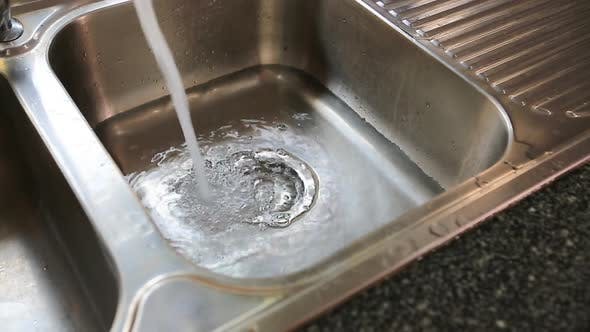
Introduction
:max_bytes(150000):strip_icc()/how-to-install-a-sink-drain-2718789-hero-24e898006ed94c9593a2a268b57989a3.jpg) When it comes to designing a house, the kitchen is often considered the heart of the home. It is where meals are prepared, memories are made, and conversations flow freely. However, one common issue that homeowners face is slow draining kitchen sinks, which can be a frustrating and unpleasant experience. This problem becomes even more challenging when you have a septic tank, as it can lead to clogs and backups in your plumbing system. In this article, we will discuss the causes of slow draining kitchen sinks and provide some solutions to help you keep your septic tank in top shape.
When it comes to designing a house, the kitchen is often considered the heart of the home. It is where meals are prepared, memories are made, and conversations flow freely. However, one common issue that homeowners face is slow draining kitchen sinks, which can be a frustrating and unpleasant experience. This problem becomes even more challenging when you have a septic tank, as it can lead to clogs and backups in your plumbing system. In this article, we will discuss the causes of slow draining kitchen sinks and provide some solutions to help you keep your septic tank in top shape.
The Impact of Slow Draining Kitchen Sinks on Septic Tanks
/how-to-install-a-sink-drain-2718789-hero-b5b99f72b5a24bb2ae8364e60539cece.jpg) A septic tank is an underground wastewater treatment system that is responsible for breaking down and treating household sewage. When your kitchen sink drains slowly, it can cause a buildup of debris and grease in the pipes that can eventually lead to clogs and backups. These clogs can then travel to your septic tank, causing it to become overloaded and potentially malfunction. Furthermore, slow draining sinks can also attract pests and bacteria, making it an unsanitary and unpleasant environment for your family.
A septic tank is an underground wastewater treatment system that is responsible for breaking down and treating household sewage. When your kitchen sink drains slowly, it can cause a buildup of debris and grease in the pipes that can eventually lead to clogs and backups. These clogs can then travel to your septic tank, causing it to become overloaded and potentially malfunction. Furthermore, slow draining sinks can also attract pests and bacteria, making it an unsanitary and unpleasant environment for your family.
Causes of Slow Draining Kitchen Sinks
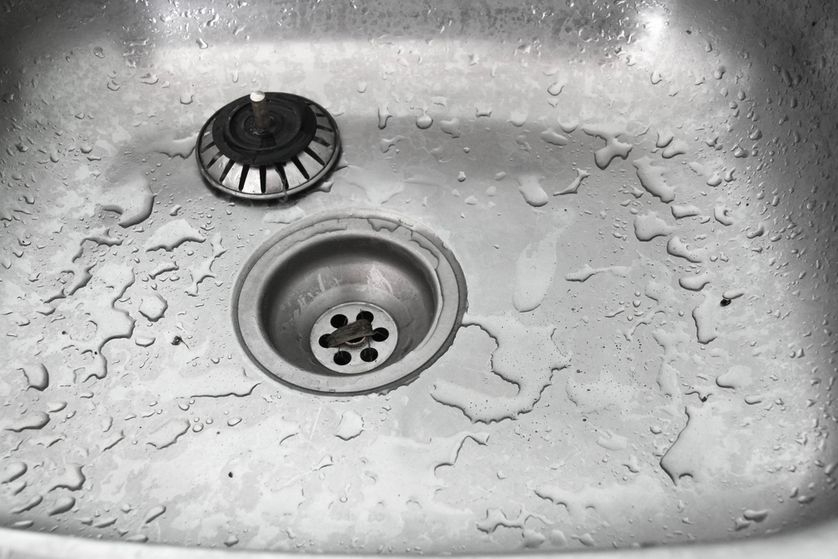 There are several factors that can contribute to slow draining kitchen sinks, such as:
1. Grease Buildup:
When cooking, oils and grease can easily make their way down the drain and accumulate in the pipes, causing blockages.
2. Food Debris:
Food particles that are not properly disposed of can also accumulate in the pipes, leading to clogs and slow draining sinks.
3. Old or Faulty Pipes:
Over time, pipes can become corroded, cracked, or misaligned, causing them to slow down the flow of water.
4. Tree Roots:
In some cases, tree roots can grow into the pipes, causing blockages and hindering the flow of water.
There are several factors that can contribute to slow draining kitchen sinks, such as:
1. Grease Buildup:
When cooking, oils and grease can easily make their way down the drain and accumulate in the pipes, causing blockages.
2. Food Debris:
Food particles that are not properly disposed of can also accumulate in the pipes, leading to clogs and slow draining sinks.
3. Old or Faulty Pipes:
Over time, pipes can become corroded, cracked, or misaligned, causing them to slow down the flow of water.
4. Tree Roots:
In some cases, tree roots can grow into the pipes, causing blockages and hindering the flow of water.
Solutions to Keep Your Septic Tank Healthy
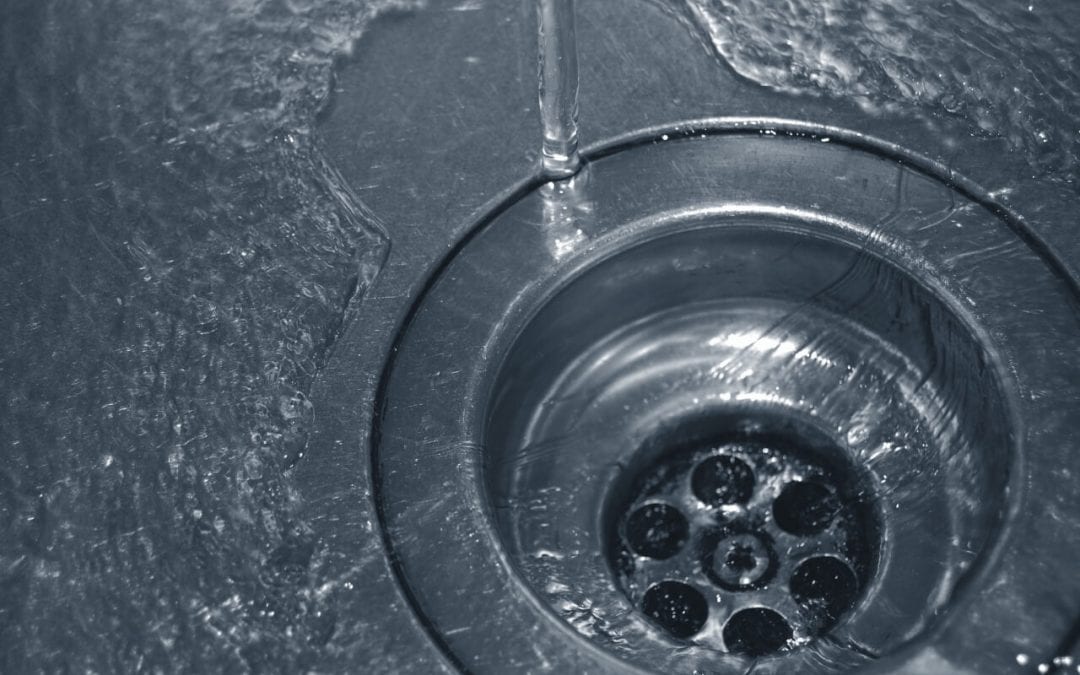 To prevent slow draining kitchen sinks from impacting your septic tank, here are some solutions you can consider:
1. Avoid Pouring Grease Down the Drain:
Instead, dispose of grease in a container and throw it in the trash.
2. Use a Sink Strainer:
A sink strainer can help catch food particles before they make their way down the drain.
3. Regularly Maintain Your Septic Tank:
Have your septic tank pumped every 3-5 years to prevent buildup and clogs.
4. Fix Any Plumbing Issues:
If you notice any slow draining sinks or clogs, address them immediately to prevent further damage.
To prevent slow draining kitchen sinks from impacting your septic tank, here are some solutions you can consider:
1. Avoid Pouring Grease Down the Drain:
Instead, dispose of grease in a container and throw it in the trash.
2. Use a Sink Strainer:
A sink strainer can help catch food particles before they make their way down the drain.
3. Regularly Maintain Your Septic Tank:
Have your septic tank pumped every 3-5 years to prevent buildup and clogs.
4. Fix Any Plumbing Issues:
If you notice any slow draining sinks or clogs, address them immediately to prevent further damage.
Conclusion
 In conclusion, a slow draining kitchen sink can have a significant impact on your septic tank and overall household plumbing. By understanding the causes and implementing preventive measures, you can keep your septic tank in top condition and avoid costly repairs. Remember to regularly maintain your septic tank and promptly address any plumbing issues to ensure a healthy and functional kitchen and septic system.
In conclusion, a slow draining kitchen sink can have a significant impact on your septic tank and overall household plumbing. By understanding the causes and implementing preventive measures, you can keep your septic tank in top condition and avoid costly repairs. Remember to regularly maintain your septic tank and promptly address any plumbing issues to ensure a healthy and functional kitchen and septic system.




:max_bytes(150000):strip_icc()/freshen-and-unclog-drain-with-baking-soda-1900466-22-bbf940b70afa4d5abef0c54da23b1d3f.jpg)
:max_bytes(150000):strip_icc()/how-to-unclog-a-kitchen-sink-2718799_sketch_FINAL-8c5caa805a69493ab22dfb537c72a1b7.png)
















